2001 survey may be used to catch tax dodgers
Govt contemplates using controversial Musharraf-era tax survey data to broaden the tax base and catch tax dodgers.
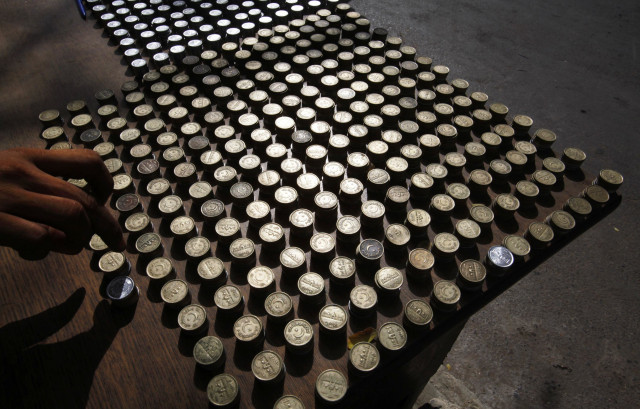
Under the proposal, the Federal Board of Revenue (FBR) would use the bio-data, residential and business addresses of the individuals surveyed in 2001 in order to expand the list of registered taxpayers.
“The information about the source of income may not be relevant after nine years but it would help provide comprehensive details of property,” said Israr Rauf, Member Direct Taxes of the FBR. He said the survey had covered one million houses and shops.
In 2001, when Pakistan was groaning under international sanctions due to the military coup and nuclear tests, General Pervez Musharraf decided to conduct a door-to-door survey of residential buildings and shops to give revenue collection a much-needed shot in the arm.
The survey was carried out with the help of the army. However, its findings never saw the light of day due to a countrywide movement by traders, which compelled the government to beat a hasty retreat.
The authorities are again under extreme pressure from the international community to generate resources. In a nation of 180 million people the registered taxpayers are only 1.91 million, official statistics show. Of them, the salaried persons are 1.05 million.
In Karachi, the hive of commerce and a city of over 10 million, the registered taxpayers, both corporate and non-corporate, are only 201,038 as of January 2010. In the Large Taxpayer Unit, the registered taxpayers are just 97,650.
Lahore, the second largest city of Pakistan and hub of Punjab’s commercial activities, has only 57,288 registered taxpayers. Faisalabad, known as Pakistan’s Manchester, hosts just 10,537 registered taxpayers.
Former finance minister Shaukat Tarin had claimed to have taken the registered taxpayers’ number to 3.4 million. He even announced sending tax notices to politicians but nothing changed and, at the end of the day, it was business as usual. He started the audit process by abandoning the policy of self-assessment, announced by the General Pervez Musharraf-led government.
“The Lahore High Court has granted stay order against the audit, as the Federal Board of Revenue did not have the legal cover for conducting it,” said Rana Munir Hussain, senior vice president of Pak Tax Bar Association.
The government started an audit of just 900 companies and individuals in late 2009. For approximately 450 companies’ audit it hired the Institute of Chartered Accountants of Pakistan. “The FBR has paid Rs500 million to ICAP but got nothing out of that,” admitted a senior FBR member.
“If the government is so serious in increasing its revenues, it can even use the latest data available with it in the shape of registration of cars, plots, houses and electricity bills,” said Rana Munir.
An FBR official said that a proposal to set up a core unit in the headquarters to gather and use data on income, expenses and assets of persons from different sources was also under consideration but that requires the finance minister’s approval.
“Only in Islamabad, there are at least 500,000 detected cases of tax evaders but it requires political courage to lay a hand on them,” said a former member of FBR.
“The media is also not playing its due part to expose the tax evaders by showing parliamentarians coming to attend the assembly session in luxurious cars, which are never declared in their statement of assets,” aid ex-finance minister Ishaq Dar while chairing a session on tax reforms last June.
Published in The Express Tribune, September 24th, 2010.


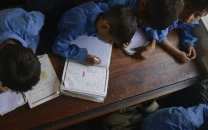
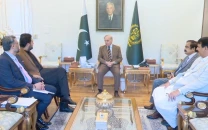

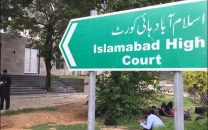
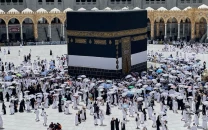












COMMENTS
Comments are moderated and generally will be posted if they are on-topic and not abusive.
For more information, please see our Comments FAQ